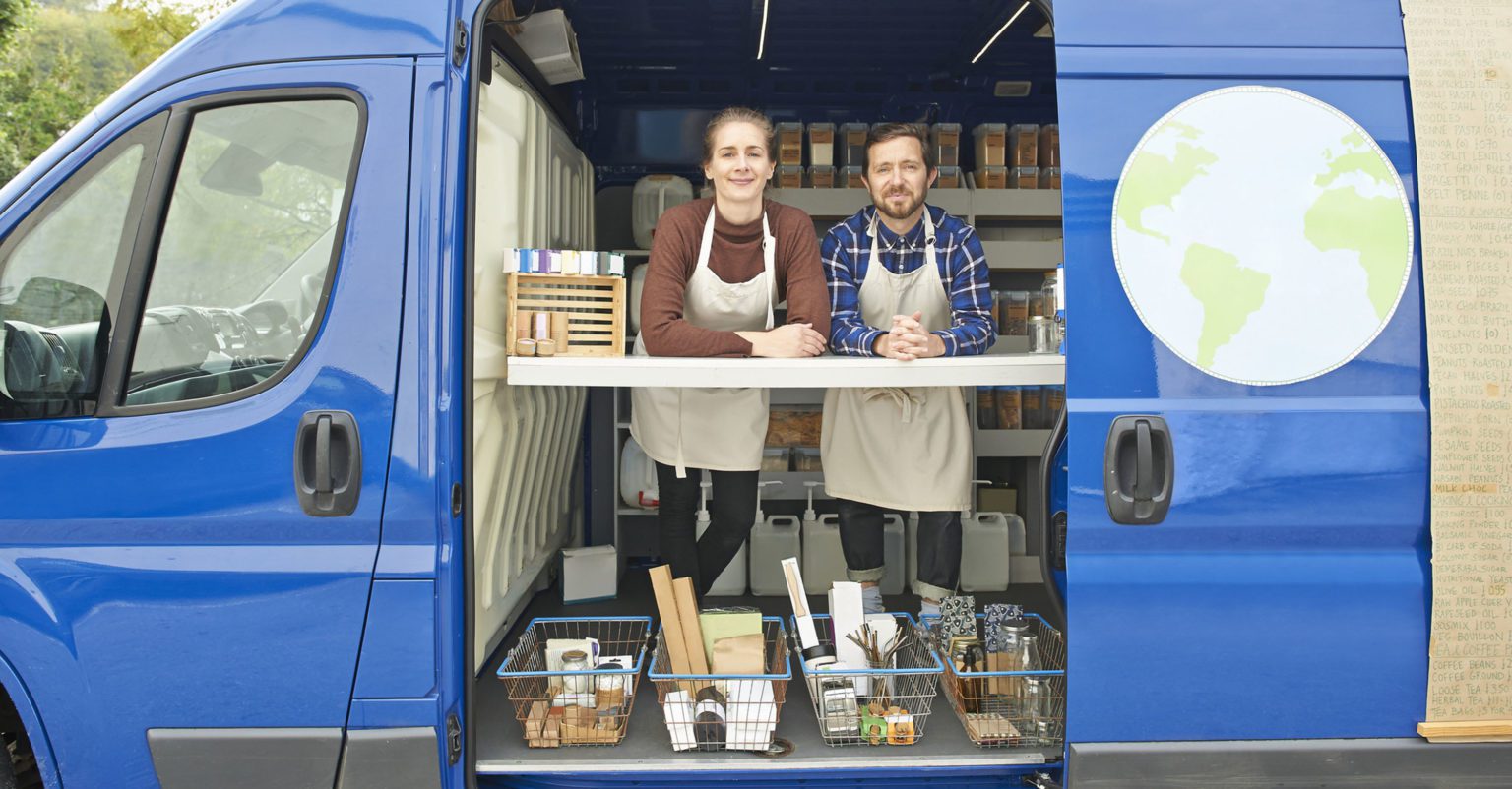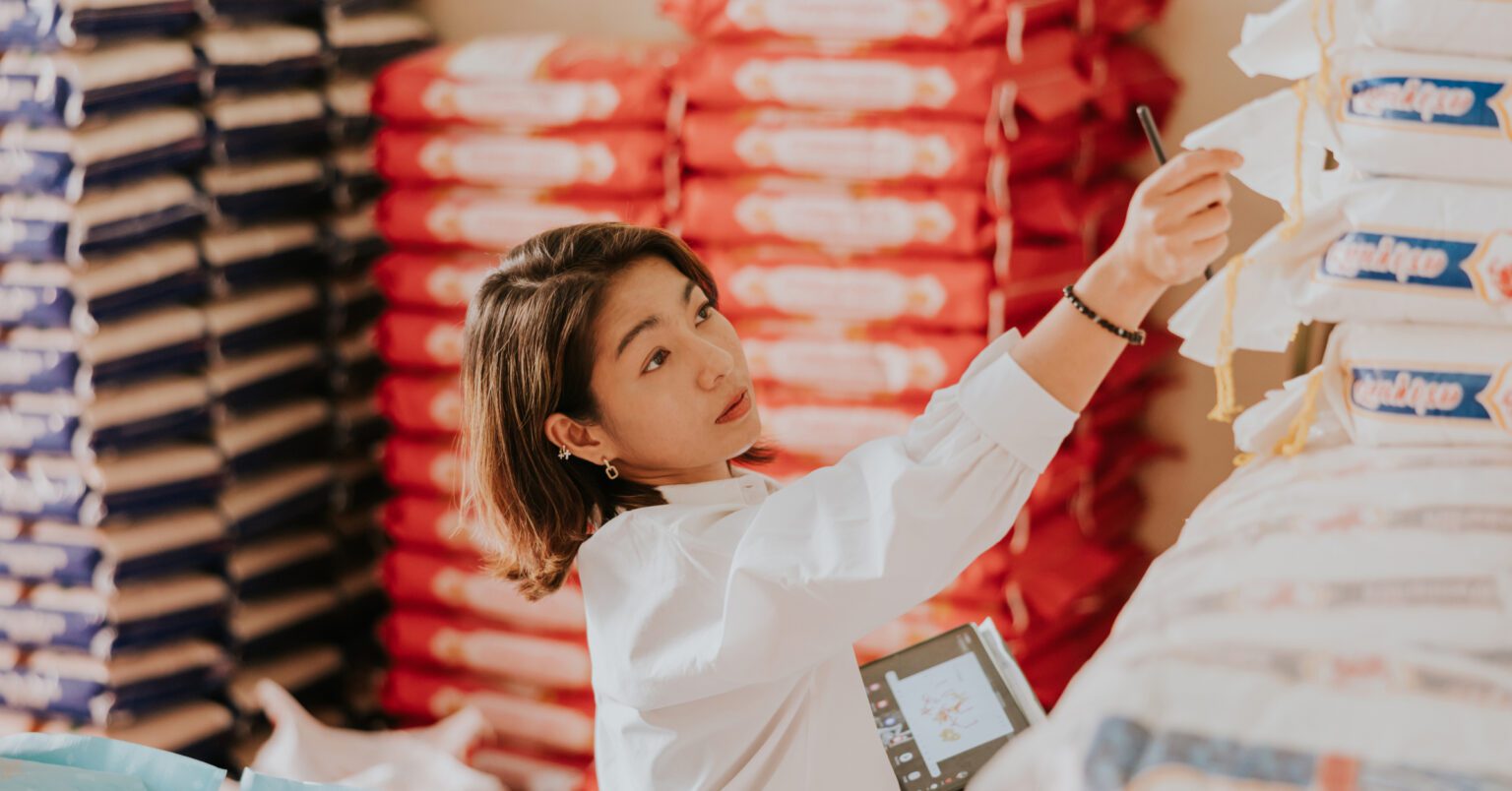We spoke with three small business owners who are taking steps, large and small, towards greater sustainability and a greener future.
At a glance
Here’s a snapshot of the advice from our interviewees:
- Start with low-hanging fruit, such as recycling the things that are easiest to recycle. Think paper, plastic, packaging.
- Make a habit of thinking outside the (tissue-lined) box by looking for alternatives to buying new packaging for customer orders.
- Don’t go it alone. Collaborate with recycling initiatives or other businesses – their trash might very well be your packaging treasure.
- Make your sustainable efforts part of your business integrity and branding.
The potential benefits of making your small business as green as possible are myriad – for the environment, for your customer and for your bottom line. And the vast majority of small and medium businesses are on board, with 78% saying their organisations invest in efforts to become more environmentally sustainable.
But while a big business has access to the funds and resources to make dramatic changes, it can be hard for small business owners to know where to start and whether smaller investments can pay off. Here are three small business owners making the incremental, practical changes that show what’s possible and that yes, it’s all worth it.
Practise what you preach: Precious Plastic Melbourne
 “As a sustainably focused for-purpose business, we believe that responsible business practices, honesty, integrity and an ethical approach are vital – we can’t preach sustainability without being truly sustainable ourselves!” says Kayla Mossuto, co-founder of Precious Plastic Melbourne.
“As a sustainably focused for-purpose business, we believe that responsible business practices, honesty, integrity and an ethical approach are vital – we can’t preach sustainability without being truly sustainable ourselves!” says Kayla Mossuto, co-founder of Precious Plastic Melbourne.
But where to start?
“It’s always best to start with low-hanging fruit – for us, this includes things like recycling our soft plastics, contacting our suppliers to arrange for changes to the way items are packaged before they come to us, and going predominantly paperless.
“Some changes have been more challenging, such as our ongoing packaging reuse program, whereby we collect pre-loved packaging from local individuals and organisations for reuse in shipping out orders. Utilising new packaging would actually be more cost effective, as the logistics here are much more time-consuming. But we think it’s worth the effort overall.
“We’ve certainly been successful in reducing our waste. Sustainable business practices are important for our brand message, helping to reinforce our integrity as a sustainably-focused social enterprise.”
A Prospa Line of Credit provides ongoing access to funds that helps you keep your cash flow on track through change.
When luxury and sustainability go hand in hand: French Affair
 “Recycling is our superpower,” explains Sue McGary, founder of linen and homewares company French Affair. “It limits what goes to landfill and we avoid spending money on new goods. That in turn reduces pressure on resources and avoids the environmental damage caused by the production and transport of new goods. Happy budget. Happy planet.”
“Recycling is our superpower,” explains Sue McGary, founder of linen and homewares company French Affair. “It limits what goes to landfill and we avoid spending money on new goods. That in turn reduces pressure on resources and avoids the environmental damage caused by the production and transport of new goods. Happy budget. Happy planet.”
For Sue, recycling is at the heart of the business’s sustainability practices.
“We find a way to reuse, repurpose or recycle everything. All packaging from suppliers is reused. We have never bought packaging materials such as bubble wrap, air pockets or cardboard boxes. When our recycled supplies occasionally run low, we approach other businesses to re-use their old packaging.
“Do you have any idea how much bubble wrap is used to wrap a sofa? Furniture stores usually throw this in the skip, unless someone like us asks for it to be saved and reused. That’s months of packaging supplies for us.”
Sue’s tips to other businesses looking to do something similar?
“The main challenge is simply being aware. Think about what second life something could have before throwing it away or what alternatives there are to buying something new. After a while, it becomes second nature to think in those terms.”
Making the natural choice: Sassy Organics
 “The belief that business can be a force for good is at the heart of Sassy Organics, so incorporating sustainable practices is a natural choice,” says Aida Rejzovic, founder of vegan and organic skincare range Sassy Organics.
“The belief that business can be a force for good is at the heart of Sassy Organics, so incorporating sustainable practices is a natural choice,” says Aida Rejzovic, founder of vegan and organic skincare range Sassy Organics.
“In 2020, we removed all plastic from online order packaging and started a recycling program via TerraCycle which allows customers to recycle empty product packaging (like bottles and containers) that would otherwise go to landfill. As a result, we have saved more than 100kg of plastic.
“We absorb some cost in relation to our recycling program, but the payoff is that our customers really value the initiative and are happy to support us. We’ve had countless emails from customers praising us for this approach. It was the right decision to make for our customers and for the future of our planet.”
Have an opportunity to kickstart a sustainability initiative or collaboration? Get started – speak with a Prospa small business lending specialist to find out how Prospa funding could help.








